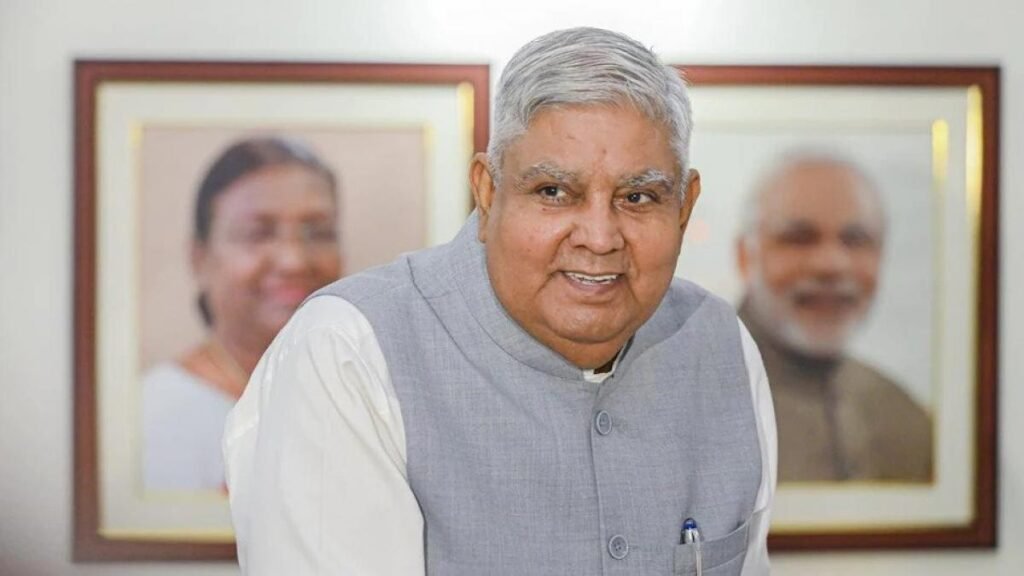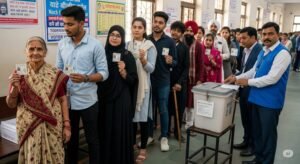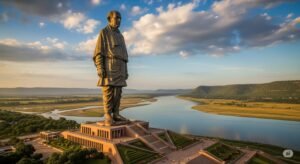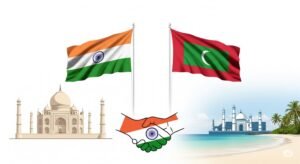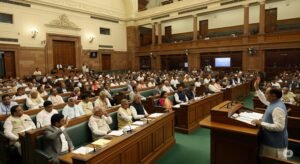Acknowledging Dedicated Service
In the dynamic landscape of Indian politics, moments of transition often spark widespread discussion and reflection. Recently, Prime Minister Narendra Modi extended well wishes to Jagdeep Dhankhar following his resignation as Vice President. This gesture, shared via a post on X, underscored a moment of respectful acknowledgment for a figure who has dedicated significant time to public service. Furthermore, it highlights the customary courtesies observed even amidst shifts in high-profile roles.
A Career of Contributions
Jagdeep Dhankhar’s career has been marked by diverse contributions across various capacities within the country’s governance. His tenure as Vice President was, therefore, another chapter in a long history of public engagement. Indeed, his commitment to serving the nation has been a consistent theme throughout his professional life. Consequently, the Prime Minister’s well wishes were not merely a formality but a recognition of this extensive service.
The Essence of Public Office
The departure of a prominent figure like a Vice President naturally invites contemplation on the nature of public office and the responsibilities it entails. For instance, such roles demand not only political acumen but also a profound dedication to the welfare of citizens. Moreover, leaders in these positions often navigate complex challenges, striving to uphold democratic principles and foster national progress. Therefore, the transition of leadership, while a regular occurrence in democracies, always carries significant weight.
Beyond the Headlines: The Human Element
While political news often focuses on policies and power dynamics, it’s crucial to remember the human element involved. Leaders, like all individuals, have personal lives and health considerations. Additionally, the demanding nature of public service can take a toll. Therefore, a simple wish for “good health” transcends political affiliations, emphasizing a universal concern for well-being. This human touch, furthermore, can foster a sense of unity and mutual respect, even among political counterparts.
The Continuous Cycle of Governance
The process of electing a Vice President and the subsequent transitions are integral to the democratic framework. These events ensure a continuous cycle of governance, allowing for fresh perspectives and renewed mandates. Ultimately, the focus remains on effective leadership and the ongoing pursuit of national development. Thus, as one chapter closes, another begins, guided by the principles of public service and democratic continuity.

